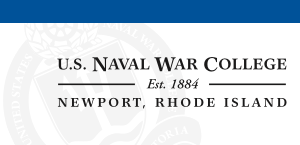Naval War College Review
Abstract
In late 1945, the United States navy confronted a postwar world wholly unlike the strategic situation for which it had, for decades, planned. The Imperial Japanese Navy and the German fleet were vanquished; no power could challenge the U.S. Navy on the high seas. Suddenly there was no obvious threat, no maritime foe, around which U.S. naval thinking could crystallize--not at least in a form anything like what had long been familiar. In certain ways, the naval officers of that postwar era had to address an intellectual challenge clearly similar to that faced by those of today. Accordingly, this article explores the U.S. Navy's search for a strategy in the two years following World War II. First, a brief overview of international events, especially the Yalta Conference and the factions it engendered, sets the political background. Second, a discussion of the relationship between the services and the Joint Chief of Staff' shows the linkage between seemingly independent naval and administration policy making in the immediate postwar period. The article then concentrates on the development of naval policy.
Recommended Citation
Fisher, Robert E.
(1995)
"The U.S. Navy's Search for a Strategy, 1945-1947,"
Naval War College Review: Vol. 48:
No.
3, Article 6.
Available at:
https://digital-commons.usnwc.edu/nwc-review/vol48/iss3/6

